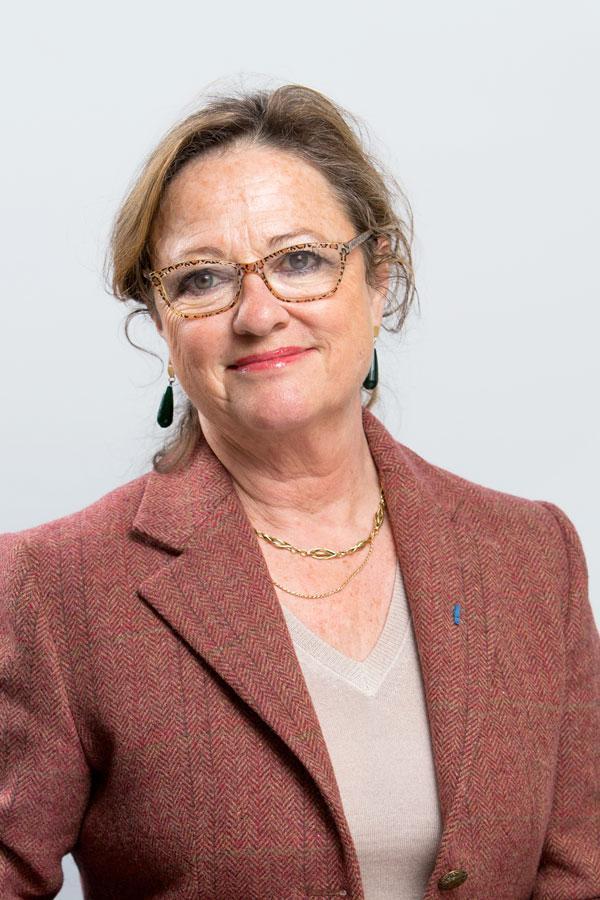According to schedule coordinated assignment of frequencies dedicated to future “5G” mobile networks, and to the roadmap presented a year ago with the Government,Regulatory Authority for Posts and Electronic Communications (ARCEP) submitted to public consultation the conditions proposed for the allocation of frequencies in the “core” band of 5G. The procedure concerns the allocation of 310 MHz in the 3,4 - 3,8 GHz band and must make it possible to retain at least four operators, each with at least 40 MHz and at most 100 MHz.
All operators will be subject to digital spatial planning obligations : rate of network deployment, targeting of areas of economic activity in sparsely populated areas, increased speeds for mobile networks, coverage of roads. Those who also subscribe to additional, but optional, commitments may benefit from a fixed price allocation.
The objective is to commercially open the service before the end of 2020 in at least two cities per operator, then manage to deploy up to 12000 sites by 2025.
The procedure has several stages.
-
A first allocation of four blocks - the size of which remains to be defined - is subject to the payment of a fixed fee, provided that the candidates subscribe to specific optional commitments. The amount of the fixed fee will be set by the Government. These commitments concern meeting the needs of so-called “vertical” players in the economy (health, energy, etc.) and virtual mobile operators (“MVNOs” who provide services but do not operate a network), or even commitments to improve coverage inside buildings, to provide fixed access offers to their mobile network (WiFi type), and to provide transparency on network deployment or breakdowns.
If there are more than four candidates ready to make these commitments, a ranking procedure will be organized in the form of a one-round auction in which the candidates will have to make an offer at least equal to the fixed amount of the fee.
-
A multi-round ascending auction procedure is then organized to allocate the remaining frequencies available at the end of this phase, in blocks of 10 MHz, either to operators who have already obtained blocks through the specific commitments made in the first phase, or to other candidates. A single reserve price per block must be determined by the Government. At the end of this main auction, a positioning auction will be organized to determine the positioning of the winners in the band.
The consultation is open until September 4 : the main questions asked concern the size of the minimum blocks of frequencies that will be allocated through commitments, the way of dealing with the technical constraints of coexistence with the fixed-satellite service and finally the definition of the perimeter of the zones of economic activity to be targeted for deployments in low density areas, but any other comment on the proposed modalities can be made.
It should be remembered that the specific commitments required in terms of opening up the network to "vertical" players as well as to hosting MVNOs must be formulated precisely, because they will then be translated into obligations in the licenses. The operators holding frequencies will have to undertake to comply with “reasonable” requests from “verticals” for differentiated services in geographic areas or for accommodation in the network in order to provide these services. The reasonableness of a request will be assessed on a technical level with regard to the justification of the needs of the requester and the ability of the operator to meet them, in particular in view of network security. In terms of pricing, the investments made to meet demand, the associated level of profitability and the respective financial contribution of the two parties will be taken into account. Operators will also have to make offers to host MVNOs on reasonable economic terms and review existing contracts to avoid their delayed entry into the “5G” retail services market.
For anyone who remembers the difficulties in determining the "reasonableness" of a hosting offer on communications networks or a request from a virtual operator for reception on 3G or 4G networks, here are some important negotiations , and probably some serious disputes, in perspective ...
Learn more:

Martine Georges-Naim
consultant
Martine Georges-Naïm has many years of experience in the regulation and regulation of electronic communications: in business, in administration and as a lawyer, she has acquired in-depth knowledge of this sector.

